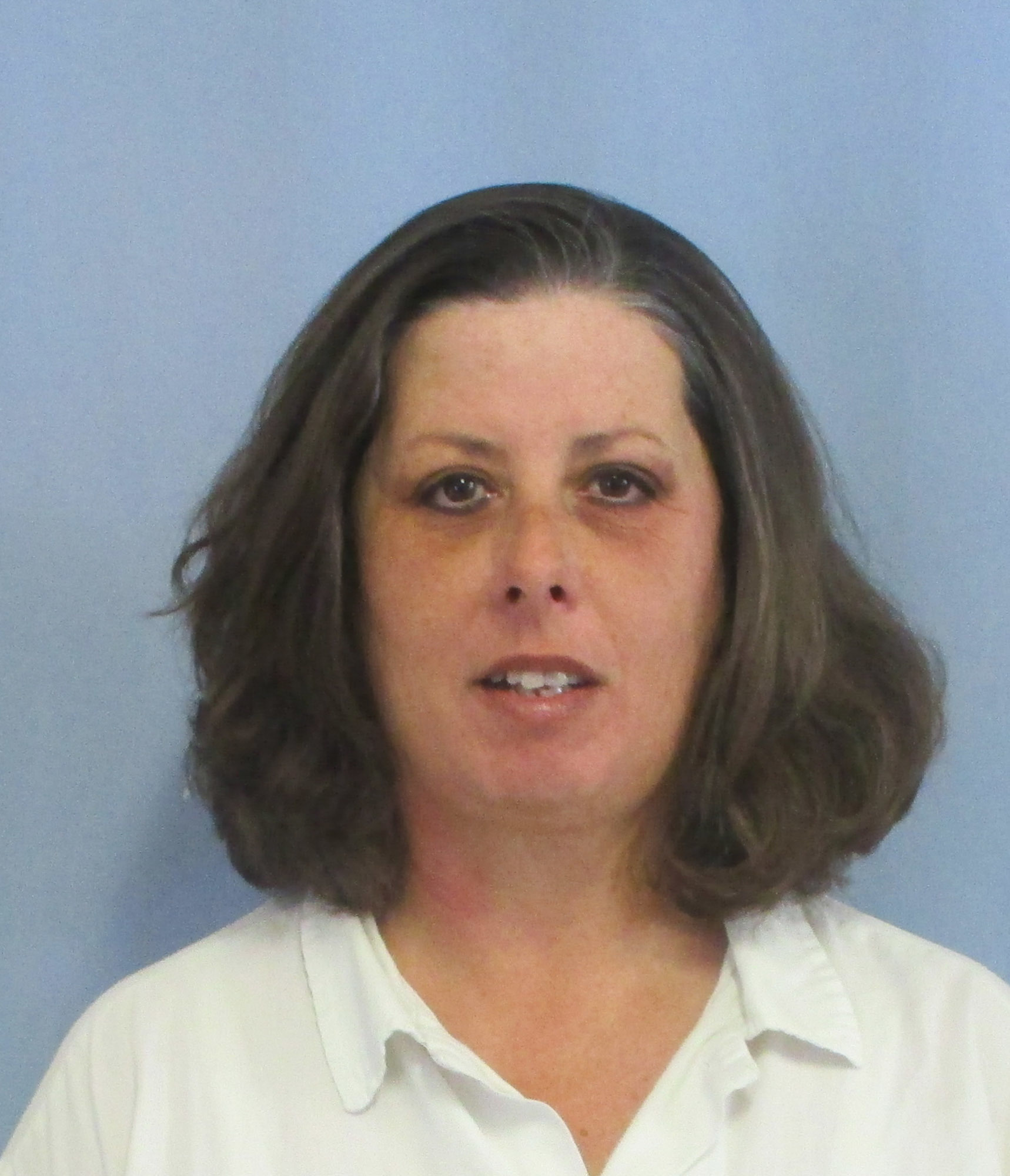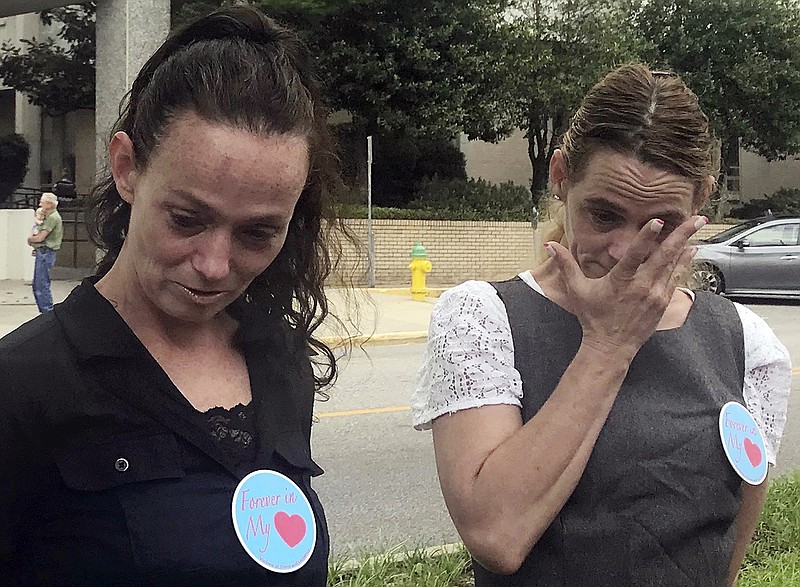MONTGOMERY, Ala. (AP) - Alabama officials swiftly denied parole Wednesday for a woman convicted of murder in the 1982 death of a 13-year-old girl who was abducted from a Georgia shopping mall, sexually assaulted, and injected with drain cleaner before being fatally shot.
After an emotional hearing, the Alabama Board of Pardons and Parole Boards took just 55 seconds to announce that it was refusing to free Judith Ann Neelley, 53. Neelley originally had been sentenced to the electric chair for the slaying of 13-year-old Lisa Ann Millican, but had her death sentence commuted, setting off a battle over her possible parole eligibility.
 This undated photo provided by the Alabama Department of Corrections shows inmate Judith Ann Neelley, who was denied parole on Wednesday, May 23, 2018. Neelley is serving a life sentence for the murder of 13-year-old Lisa Ann Millican, who was abducted from a shopping mall in north Georgia and killed in 1982. (AP Photo/Alabama Department of Corrections)
This undated photo provided by the Alabama Department of Corrections shows inmate Judith Ann Neelley, who was denied parole on Wednesday, May 23, 2018. Neelley is serving a life sentence for the murder of 13-year-old Lisa Ann Millican, who was abducted from a shopping mall in north Georgia and killed in 1982. (AP Photo/Alabama Department of Corrections)She will be eligible for consideration again in 2023. Neelley was not present at the hearing.
Neelley was convicted with husband Alvin Neelley of killing Millican, who was abducted from a mall in Rome, Georgia. The girl's body was dumped into a canyon in northeast Alabama. Alvin Neelley died in a Georgia prison in 2005.
Calvin Millican told the board that his sister's killing devastated his family and that Neelley should have gotten the death penalty.
"Judith Ann Neelley is a very cruel, sick person and needs to do her punishment for killing, taking lives," he said.
After the hearing, Lisa Millican's sister Tina Millican remarked that Neelley "is the true essence of evil."
Millican's mother, Frankie Mason, said she had hoped Neelley would be present at the hearing so she could see her face when she was denied parole.
Parole board members heard dueling depictions of Neelley during the 30-minute hearing: that she was a cold-blooded person who killed for sport or that she was an abused teen dominated by an older, controlling husband.
"She loved killing. She enjoyed the death of Lisa Millican," said Mike O'Dell, a district attorney who prosecuted Neelley.
O'Dell told the board that Judith Ann Neelley was the one who tied Millican to a tree, injected her with drain cleaner six times to see what it would do to her body and then shot her when she didn't die quickly enough.
An attorney representing Neelley told the board Neelley was coerced by Alvin Neelley into committing the crime.
"To say that Miss Neelley was brainwashed was a vast understatement. She was more like a zombie," Julian McPhillips said.
"Unquestionably the crime committed was a dastardly and unthinkable crime that defies human comprehension. ... Miss Neelley couldn't agree more with that and will be to her very dying moment incredibly ashamed and remorseful for what happened. She has said many times if she could trade her own life for the victim's she would have done so."
McPhillips said that Neelley, if released, would immediately go to Georgia to serve a life sentence there.
Neelley was convicted of capital murder and sentenced to die in Alabama's electric chair, but Alabama Gov. Fob James commuted Neelley's death sentence to life in 1999. A 2003 Alabama law to bar Neelley from parole was ruled unconstitutional in March.
This was Neelley's first opportunity for parole since that ruling.
